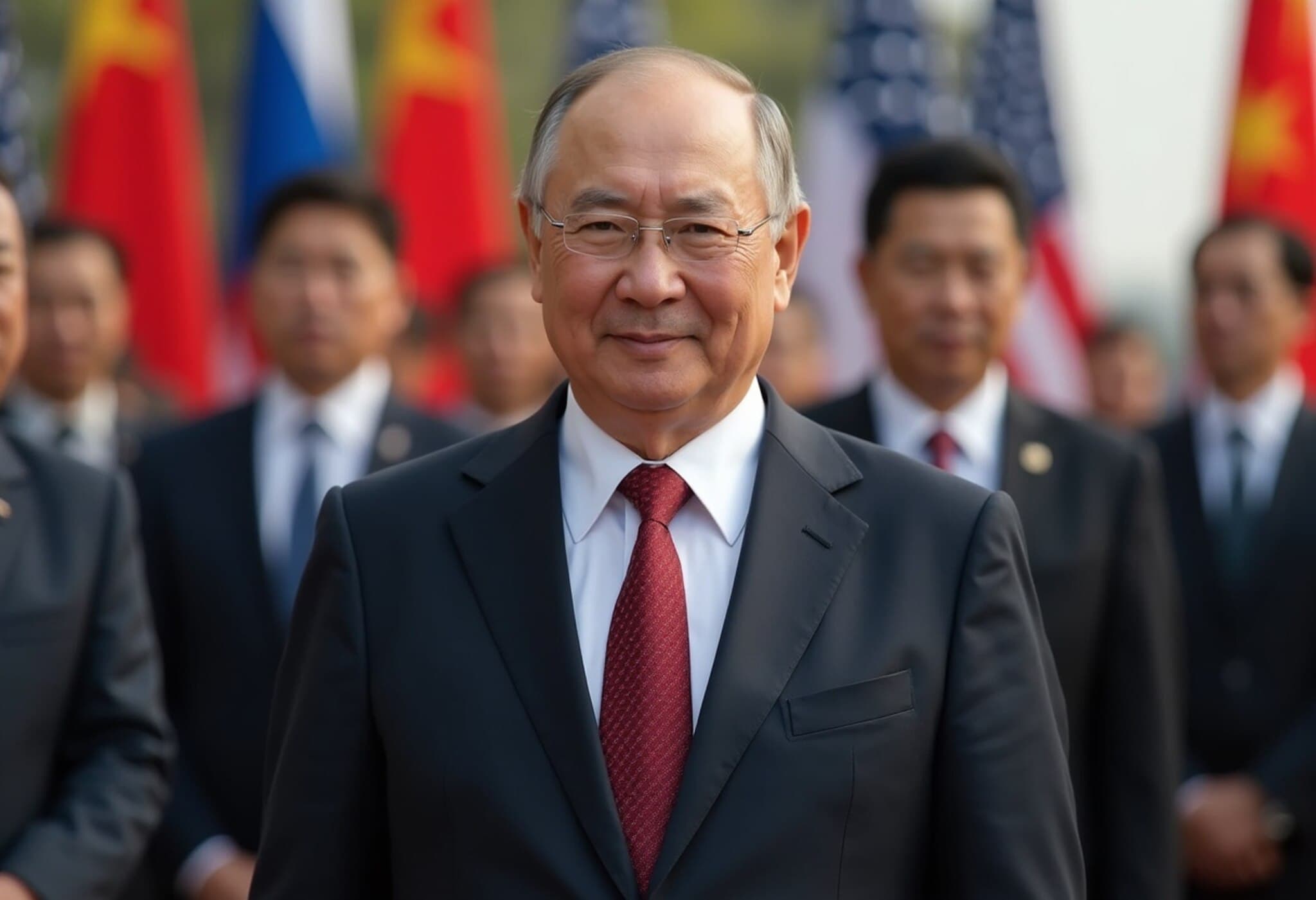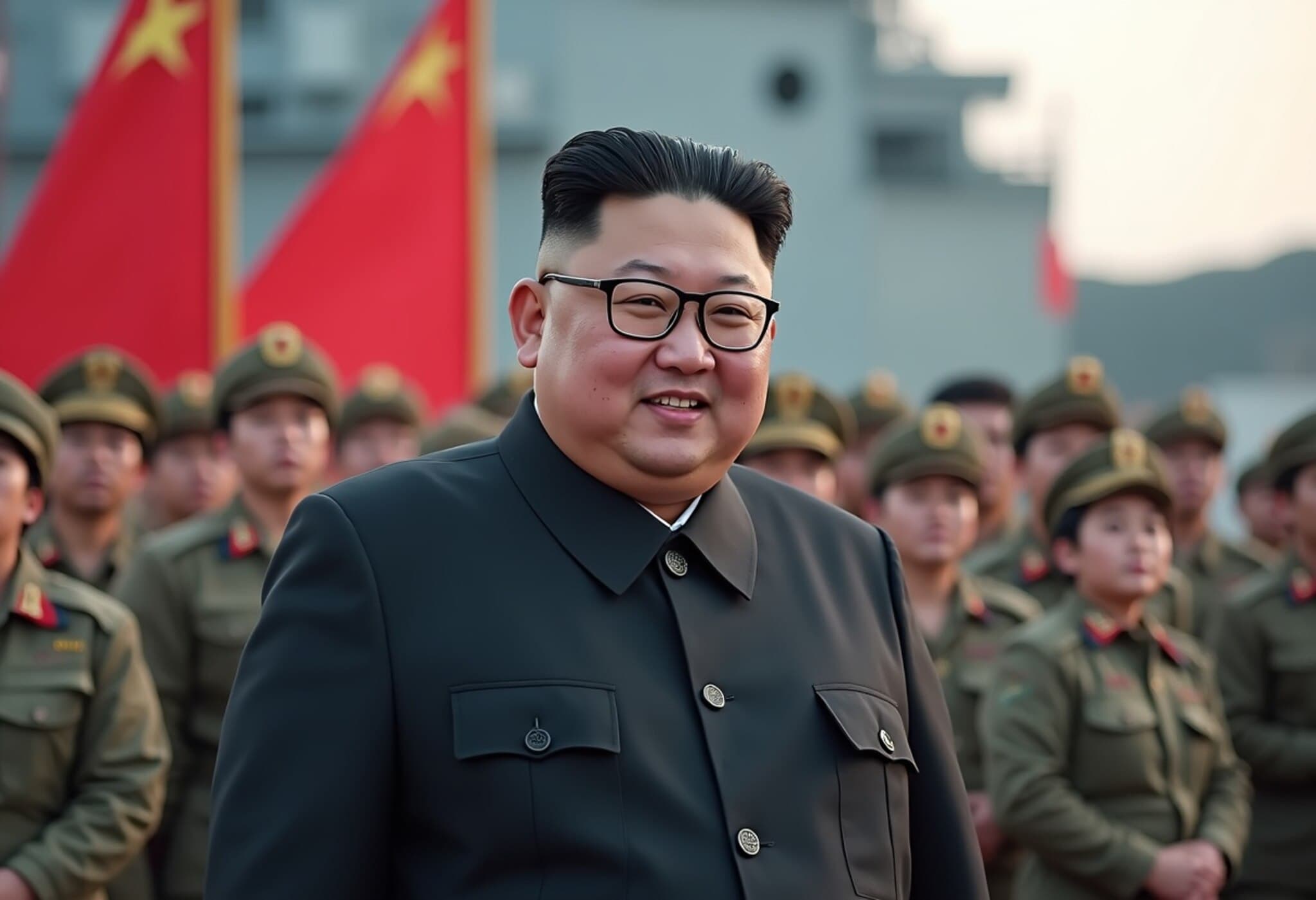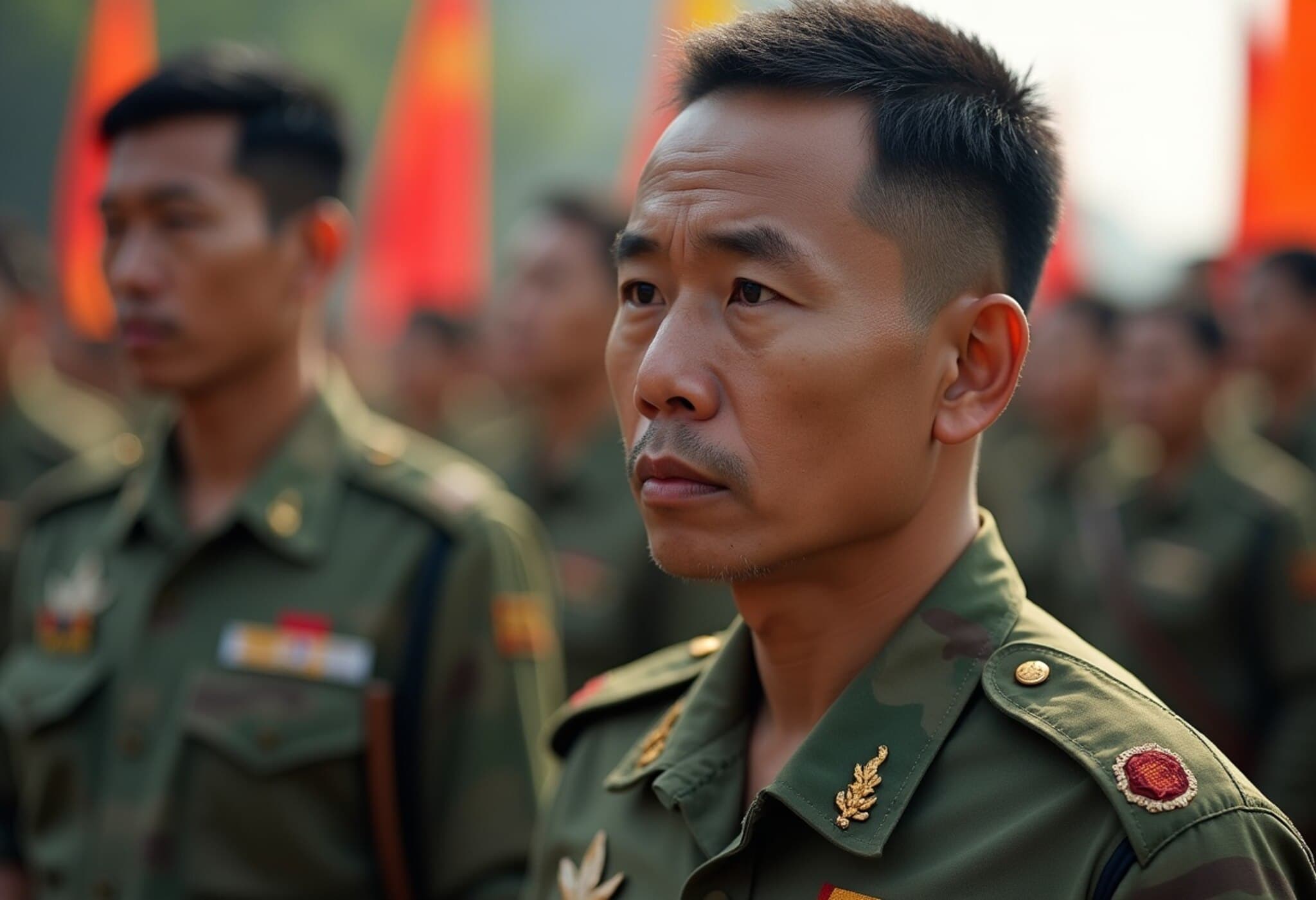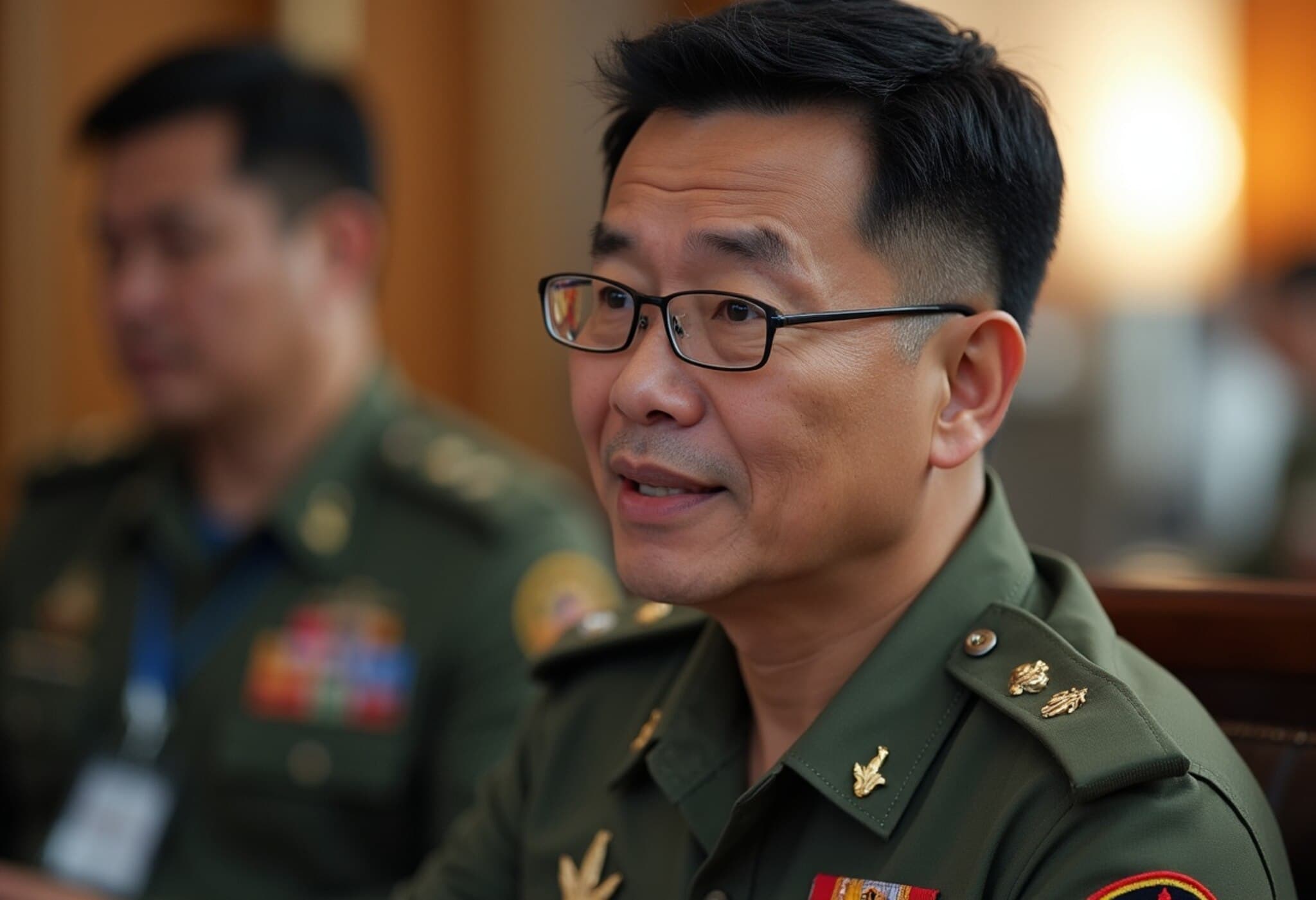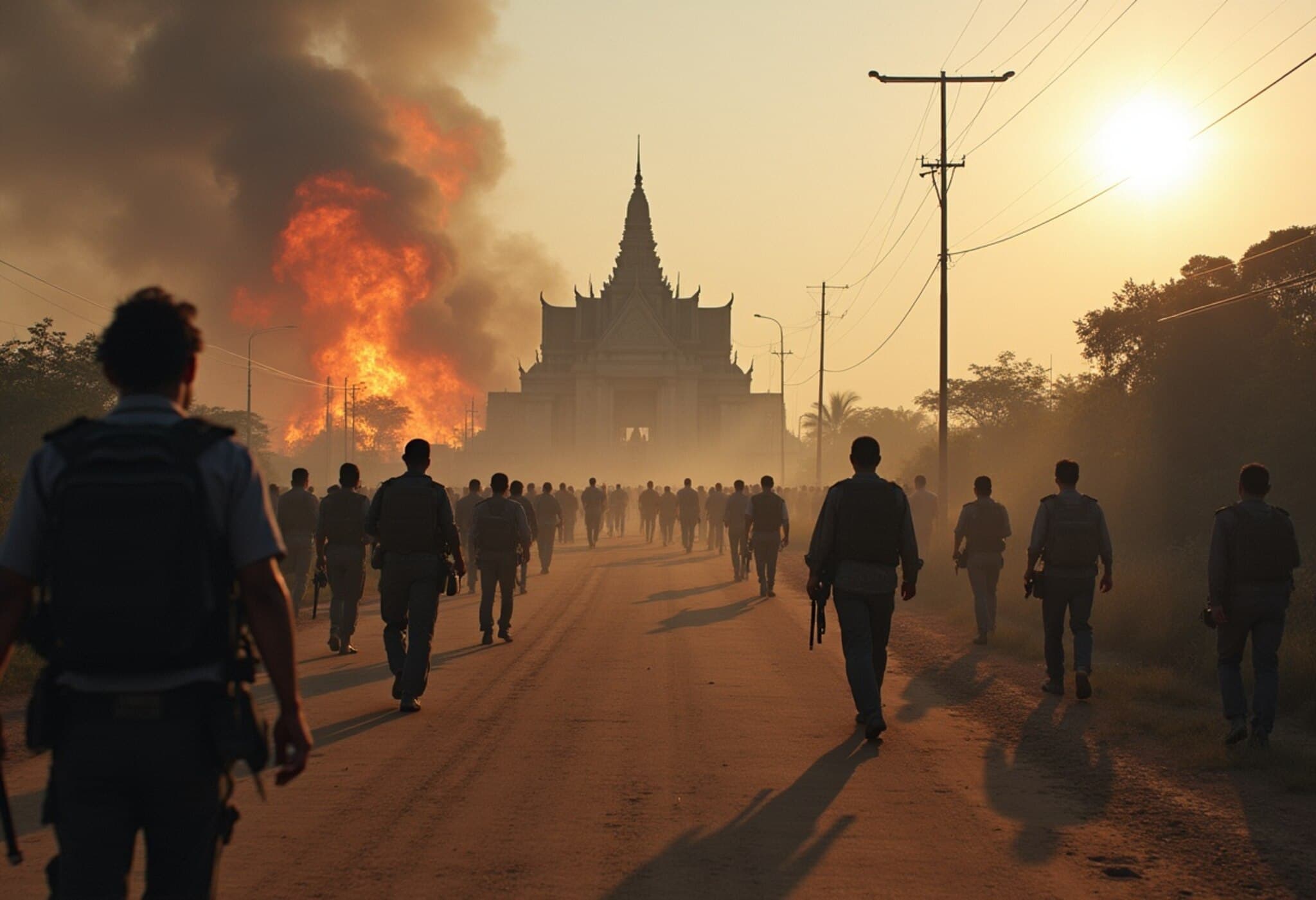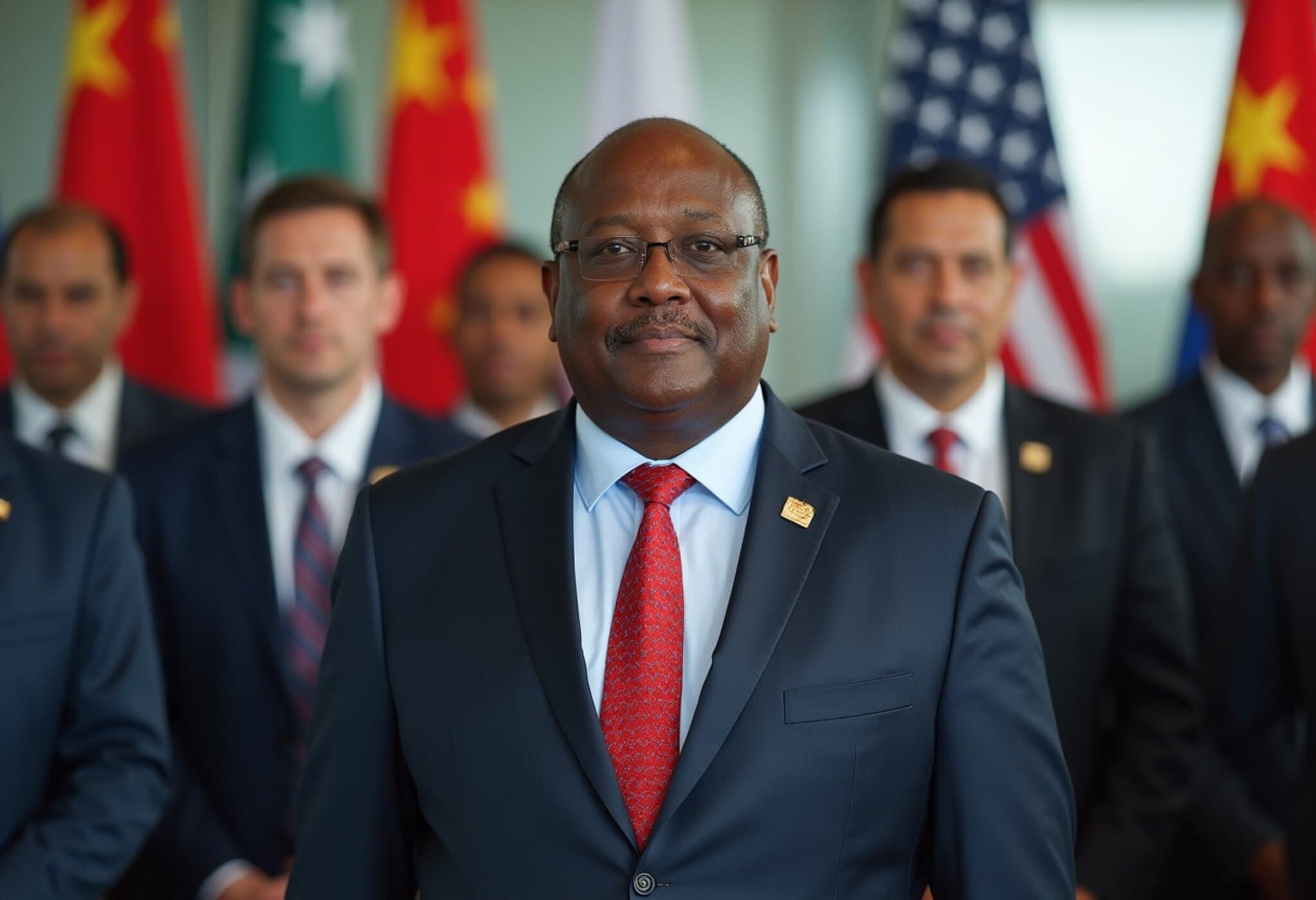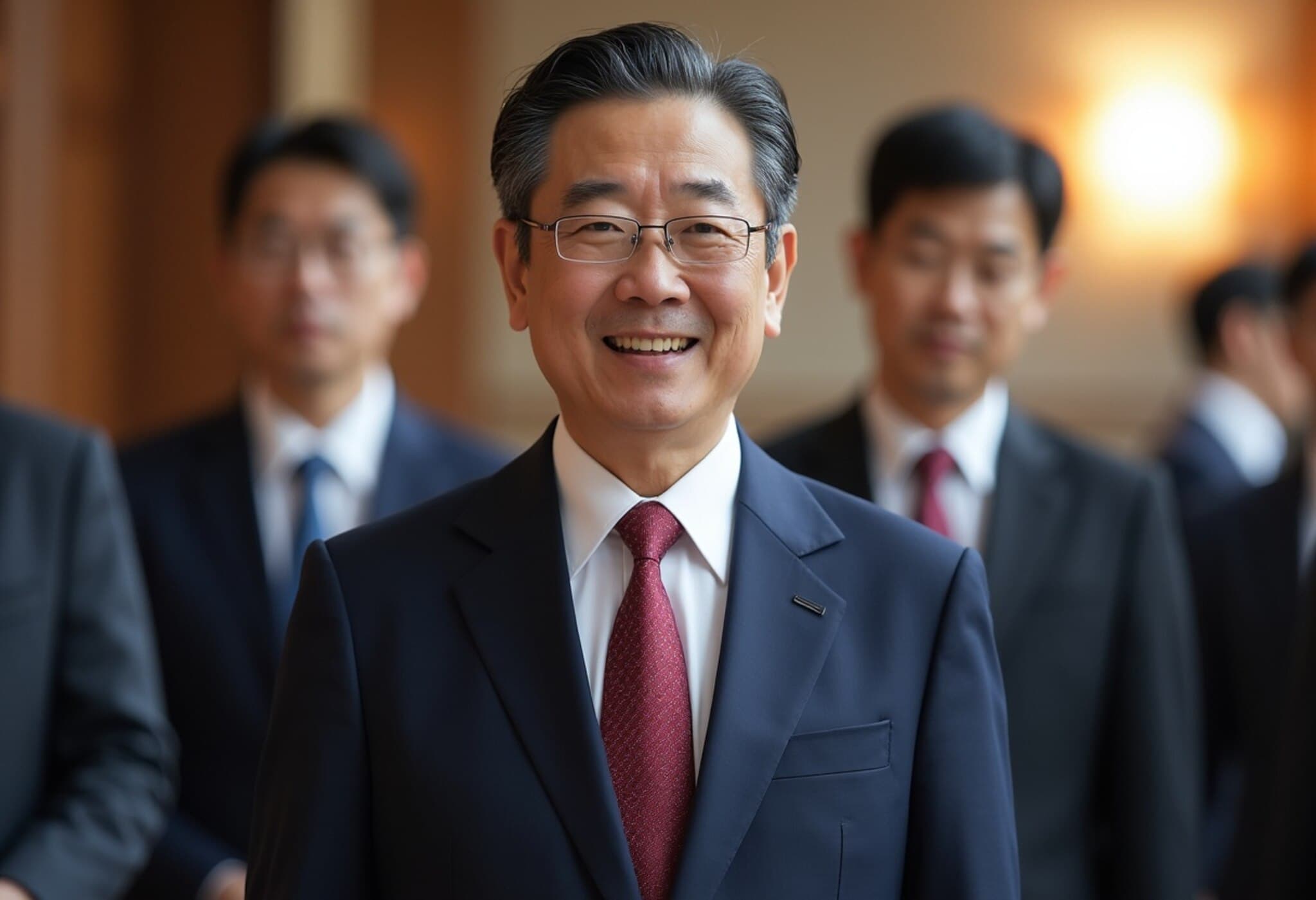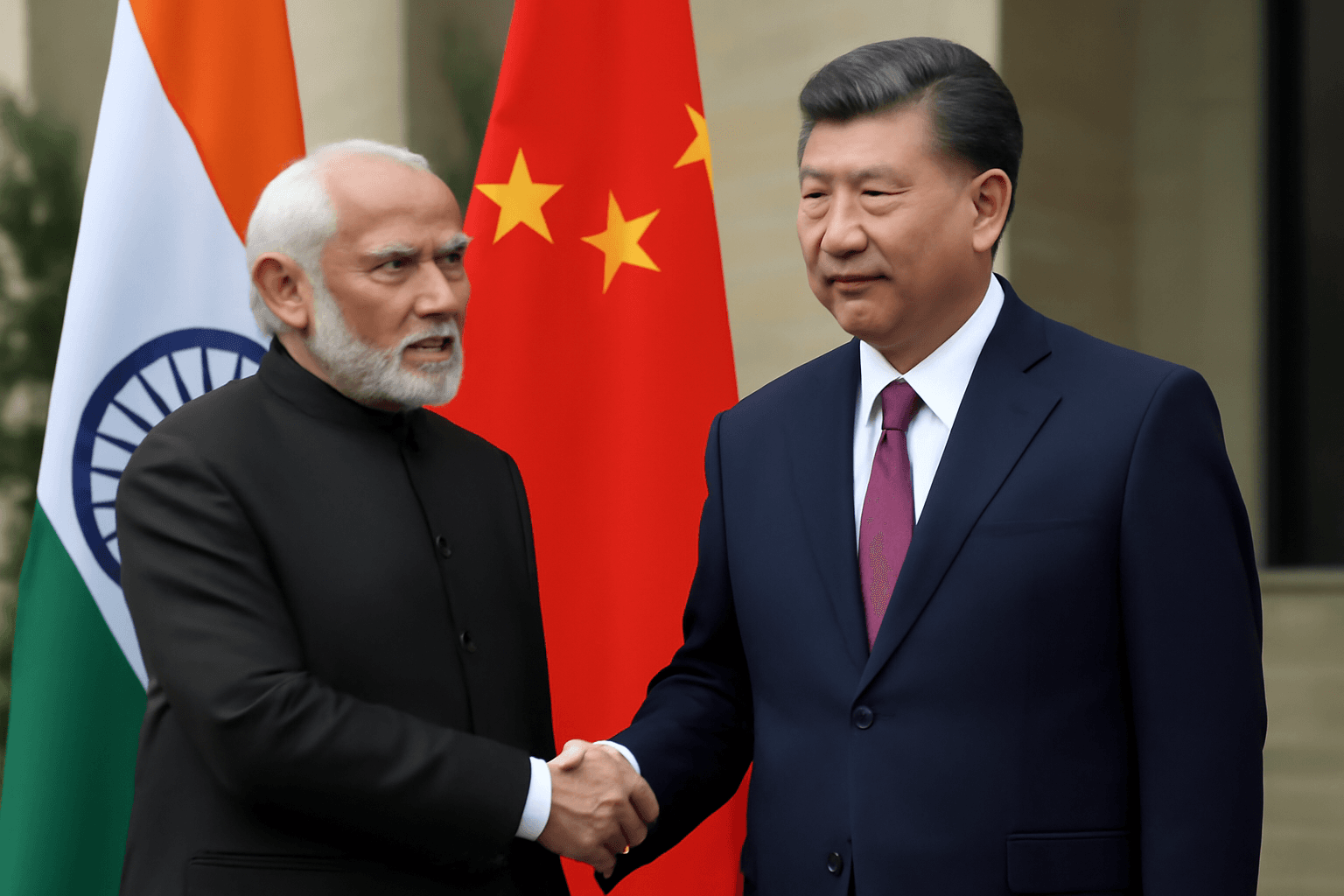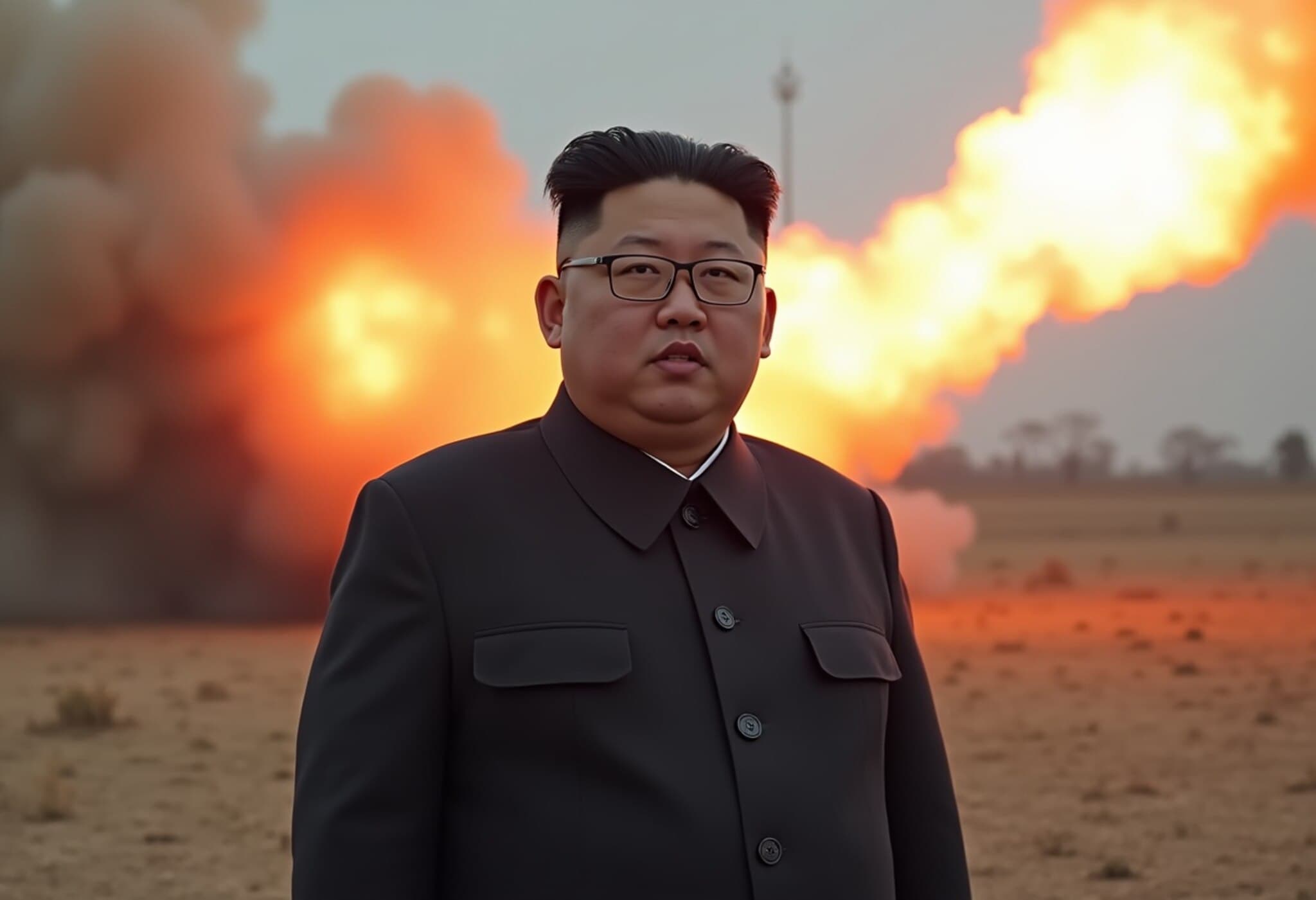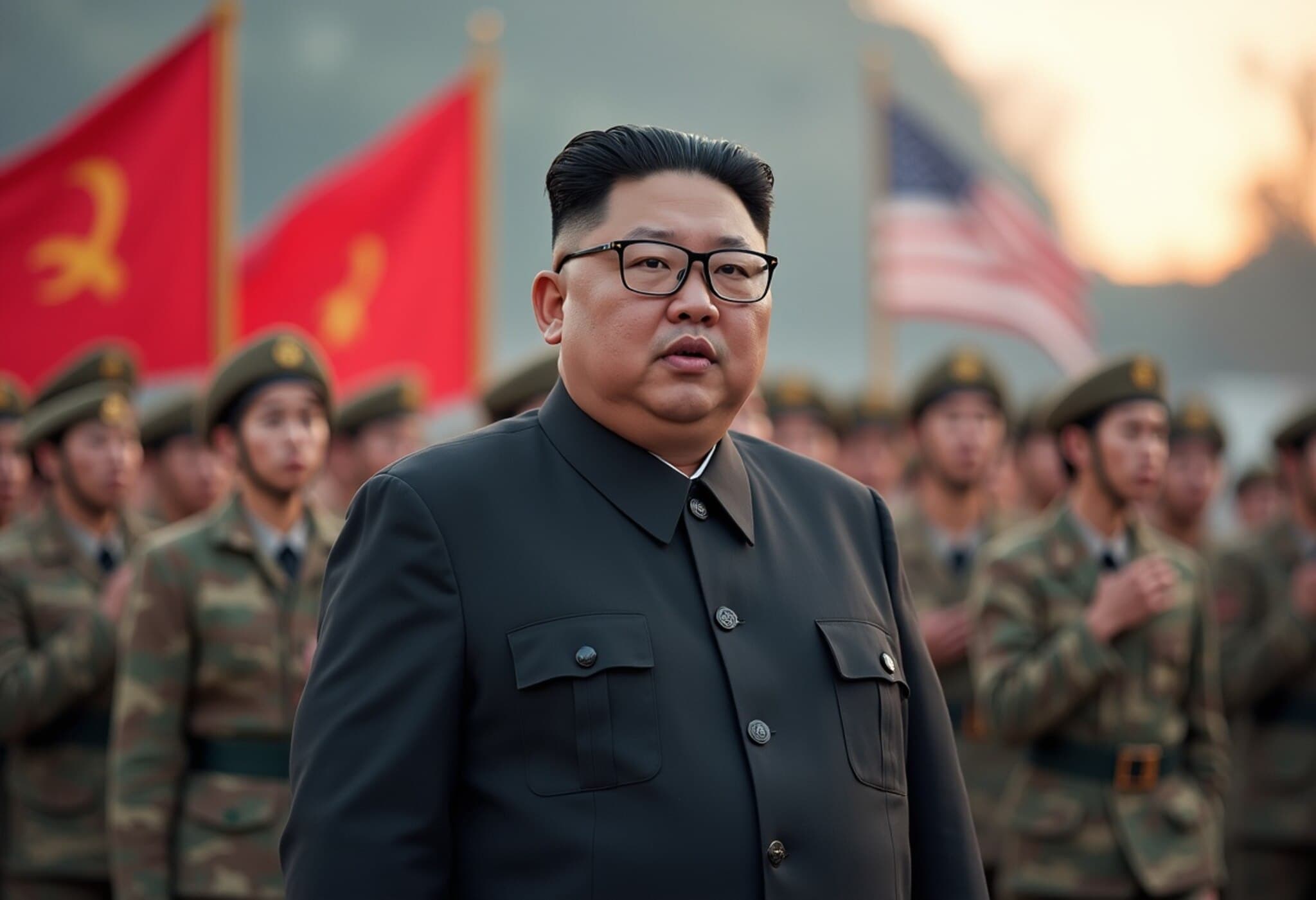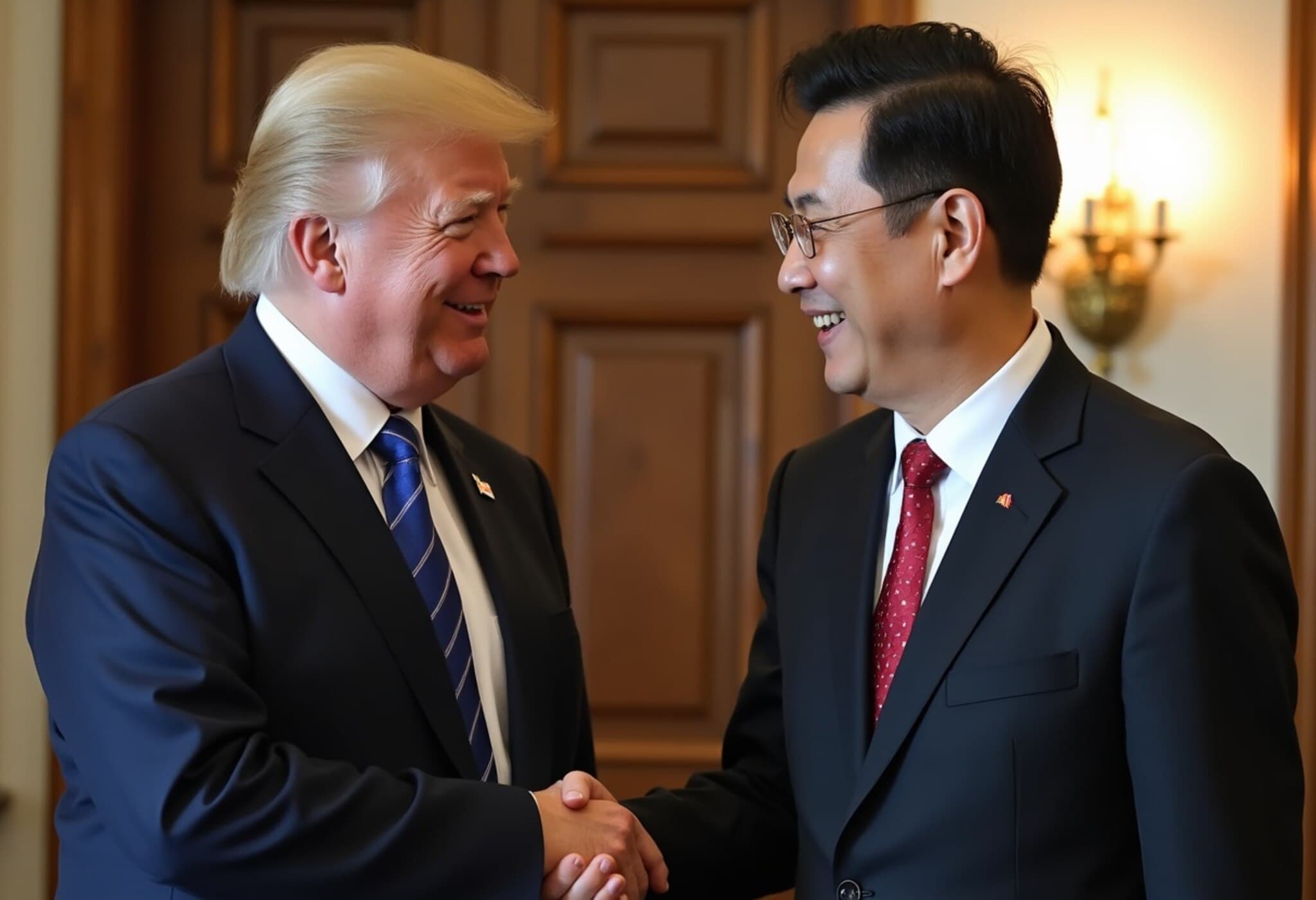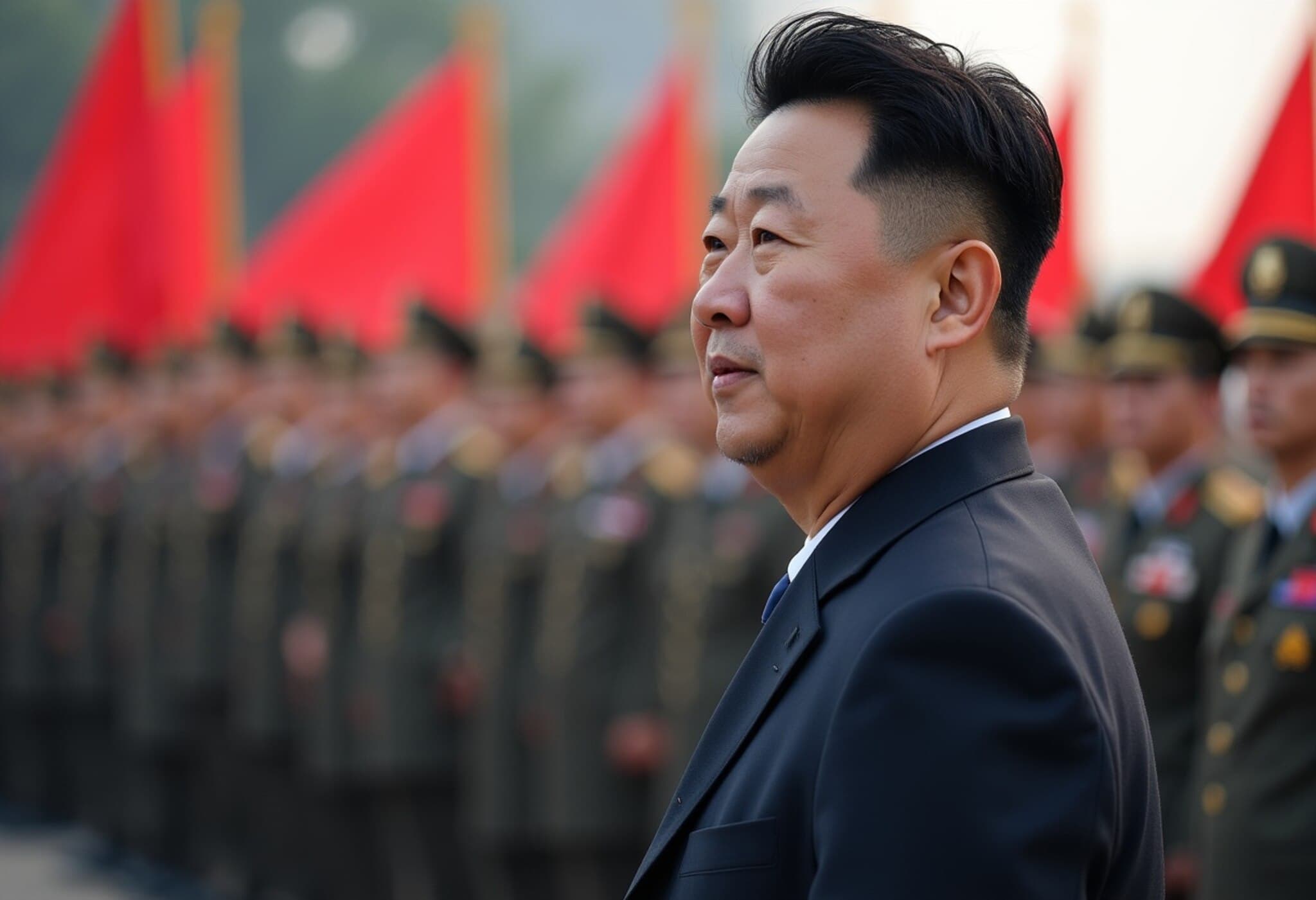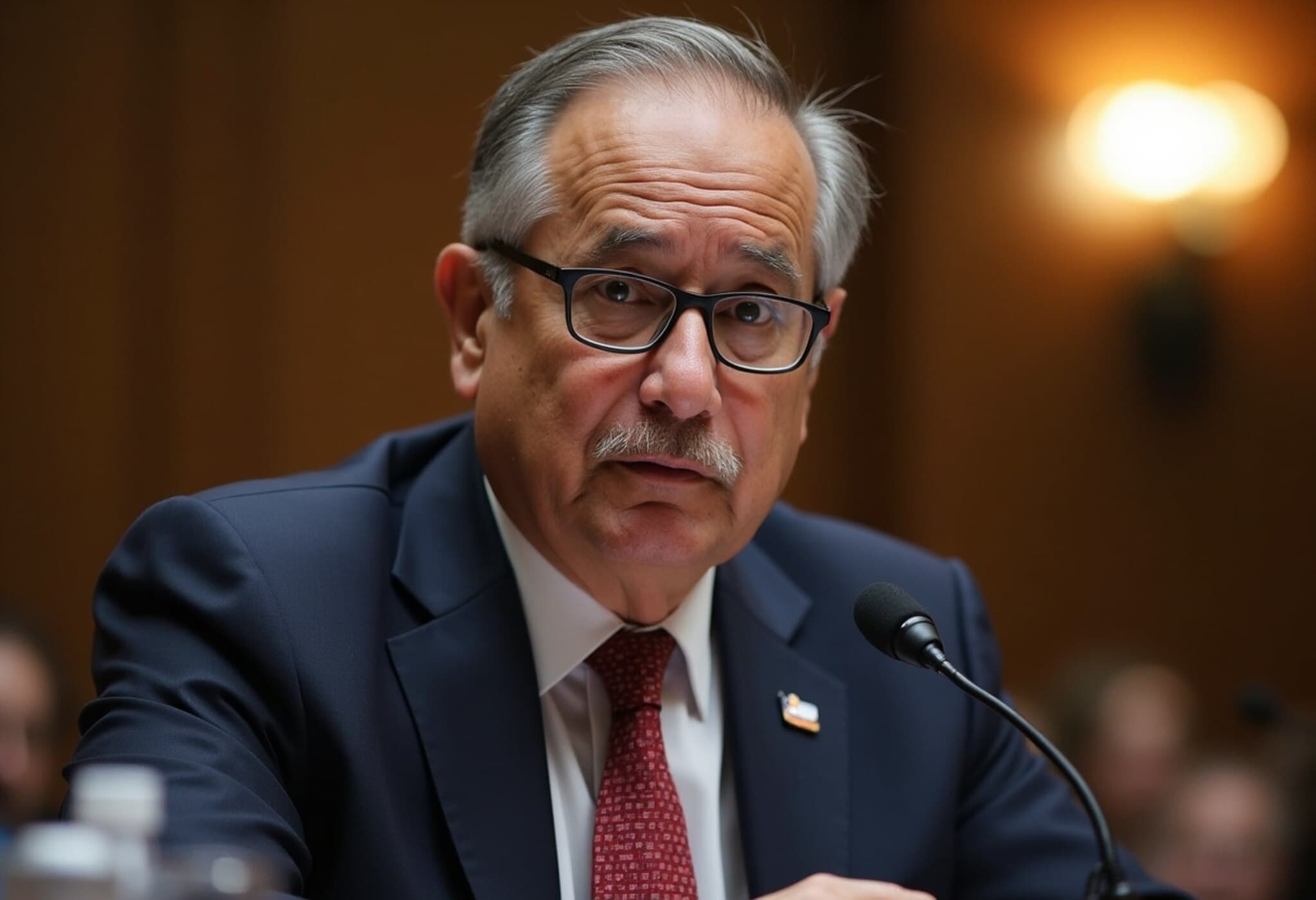Russian Foreign Minister Lavrov’s Caution Over Security Pact Against North Korea
In a recent diplomatic visit to North Korea, Russian Foreign Minister Sergey Lavrov delivered a stern warning to the United States, South Korea, and Japan, urging them to reconsider forming any military alliances aimed at containing Pyongyang. His message came amid rising tensions on the Korean Peninsula, where military exercises and nuclear ambitions have escalated regional anxieties.
Diplomatic Engagement in Wonsan
Lavrov arrived on Friday in the eastern North Korean coastal city of Wonsan, a location symbolic of North Korea's efforts to diversify its economy through tourism development. There, he met with North Korean Foreign Minister Choe Son Hui to discuss bilateral cooperation, emphasizing the “invincible alliance” between the two nations amid shifting global dynamics.
Wonsan is also the site of North Korea’s newly established beach resort, which the regime touts as capable of hosting up to 20,000 visitors. This venture represents leader Kim Jong Un’s broader push to invigorate the struggling North Korean economy despite ongoing international isolation.
Strengthening Russia-North Korea Ties Amid Western Concerns
The warming relationship between Russia and North Korea has drawn significant attention from Western governments. Reports indicate that North Korean forces have supported Russia’s military campaigns in Ukraine, while Russia has reciprocated with military and economic aid. U.S. and allied officials express apprehension that sensitive technology transfers could enhance North Korea's nuclear and missile programs, potentially destabilizing the region further.
Lavrov’s Message: Opposition to New Security Alliances
Following talks, Lavrov criticized the trilateral security arrangements and military build-ups by the US, South Korea, and Japan around North Korea, describing them as provocative. He cautioned that exploitation of regional ties to form alliances directed against Pyongyang—or Russia—would be met with firm opposition.
"We warn against exploiting these ties to build alliances directed against anyone, including North Korea and, of course, Russia," Lavrov stated, as reported by Russia's Tass news agency.
The statement came amidst escalating joint military drills in the region. Just days earlier, the three nations conducted air exercises involving U.S. nuclear-capable bombers near the Korean Peninsula, signaling a show of force designed to deter North Korea’s advancing weapons programs.
Understanding North Korea’s Nuclear Ambitions
While the U.S. and its allies view Pyongyang’s nuclear developments as a grave threat, Lavrov framed the issue with nuance, recognizing North Korea’s rationale. He attributed the country's nuclear technologies to indigenous scientific efforts and voiced respect for its developmental aspirations.
"The technologies used by North Korea are the result of the work of its own scientists. We respect North Korea’s aspirations and understand the reasons why it is pursuing a nuclear development," he noted.
This perspective diverges from typical Western narratives and may reflect Russia’s strategic interests in fostering ties with North Korea as a counterbalance to U.S. influence in Northeast Asia.
Mutual Support for Military Efforts
During their discussions, North Korea reiterated its unwavering support for Russia’s position in the Ukraine conflict. Choe Son Hui hailed the partnership as an “invincible alliance,” underscoring the growing military and political alignment between the two states.
Lavrov expressed gratitude for North Korea’s reported troop contributions in fighting Ukrainian forces near Russia’s Kursk border, highlighting the practical cooperation underlying their diplomatic ties.
Implications for Regional Security and Policy
This diplomatic exchange highlights a complex web of alliances and antagonisms shaping Northeast Asia. For U.S. policymakers and regional partners, Lavrov’s warnings signify deepening Sino-Russian-North Korean coordination that complicates containment strategies.
The seasonal military exercises by the U.S., Japan, and South Korea, long condemned by Pyongyang as rehearsals for invasion, are now also criticized by Russia, further polarizing the dialogue.
Moreover, the contrasting narratives over North Korea’s nuclear program—defense versus aggression—illustrate the challenges in achieving denuclearization or even meaningful dialogue.
Looking Ahead: Tourism and Economic Uncertainties in North Korea
Lavrov’s remarks also touched on people-to-people exchanges, suggesting future Russian tourism to the Wonsan-Kalma resort, hinting at soft diplomacy ambitions that complement hard strategic interests.
Yet North Korea’s likelihood of fully reopening to Western visitors remains slim, leaving economic revitalization prospects uncertain amid ongoing sanctions and diplomatic isolation.
Editor’s Note
The evolving Russia-North Korea relationship, underscored by Lavrov’s latest visit, signals a shifting balance in Northeast Asia that defies simplistic East-versus-West framing. It raises critical questions:
- How will increased Russian support impact North Korea’s missile and nuclear capabilities?
- What human and regional security risks arise from tighter military ties among authoritarian regimes?
- Can diplomatic engagement find common ground amid divergent narratives on sovereignty and security?

